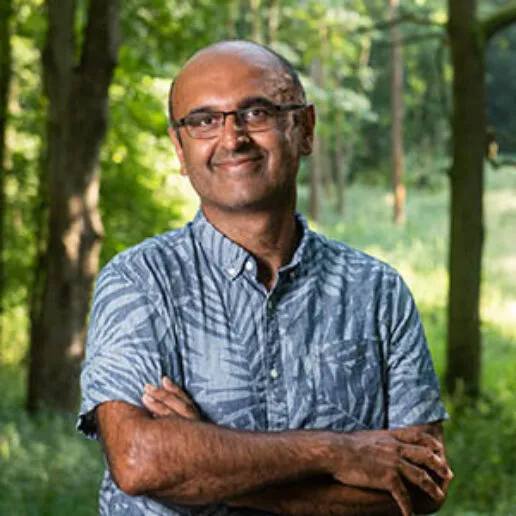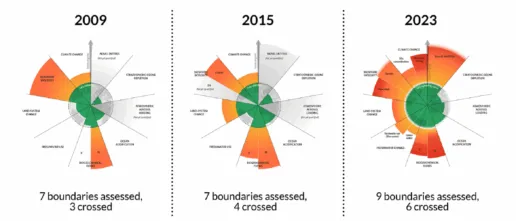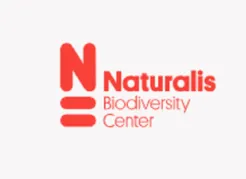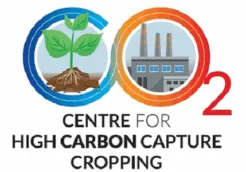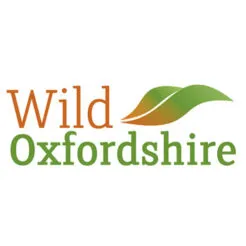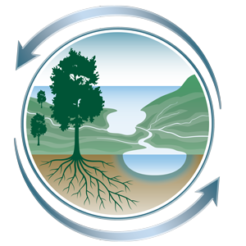Professor Malhi explores the functioning of the biosphere and its interactions with global change, including climate change. He has a particular fascination with and love for tropical forests, though he has recently been spotted in ecosystems ranging from savannas, the Arctic, tropical coral reefs and Oxfordshire’s woodlands and floodplain meadows.
Yadvinder is the Director of the Leverhulme Centre for Nature Recovery
Related News Articles

As climate change threatens cocoa production, why new efforts are needed to support pollination
Study finds that cocoa production—the key ingredient in chocolate—is at risk due to climate change
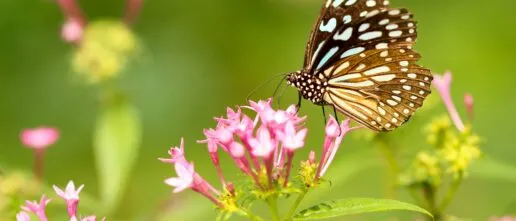
Observing nature in your backyard is not dull but radically significant
Instead of ‘helicopter science’, we need Gilbert White’s intimate study of nature to understand global environmental change
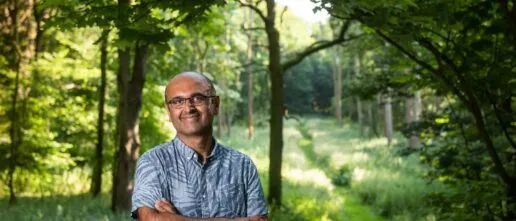
What is Nature Recovery?
There is a plethora of terms to describe this new agenda, including restoration, nature-positive actions and rewilding. Whilst all these terms have their merits, we argue that nature recovery is a particularly salient and needed term that captures this ambitious, multiscale and interdisciplinary vision.
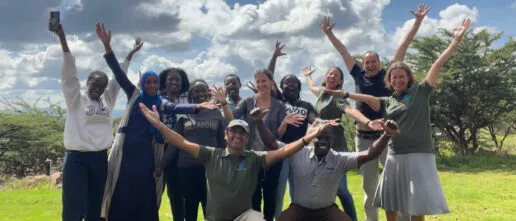
Natural State and The Leverhulme Centre for Nature Recovery Announce Groundbreaking Partnership to Advance Nature Recovery in Kenya
Natural State and the LCNR announce a new partnership aimed at driving landscape scale nature recovery in Kenya. This collaborative effort will leverage cutting-edge research and innovative financing mechanisms to address the urgent need for biodiversity restoration and sustainable development.

Africa’s wildlife has lost a third of its natural ‘power’, Oxford-led study warns
New paper in Nature today
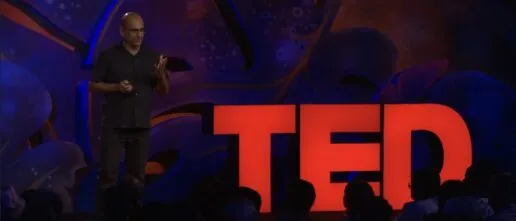
Yadvinder Malhi’s TED Talk: Measuring the Planet’s Heartbeat
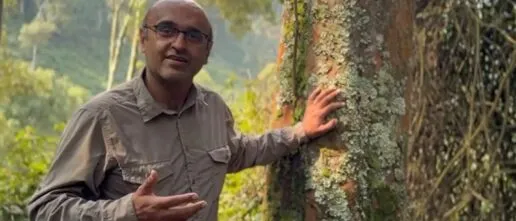
Professor Yadvinder Malhi, Leverhulme Centre for Nature Recovery Director, awarded Ramon Margalef Prize in Ecology

Professor Yadvinder Malhi’s Ramon Margalef acceptance speech
Presented annually by the Government of Catalonia, the prize recognises an exceptional scientific career or groundbreaking discovery in ecology or environmental sciences. Since its inception in 2004, it has celebrated a distinguished list of global ecologists.
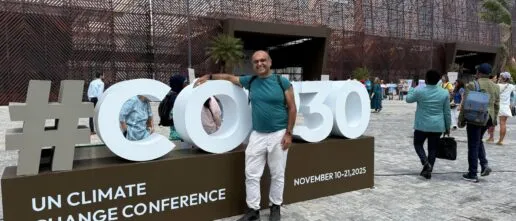
COP30 at the City at the Mouth of the Green Ocean
Yadvinder reflects on this time at COP 30
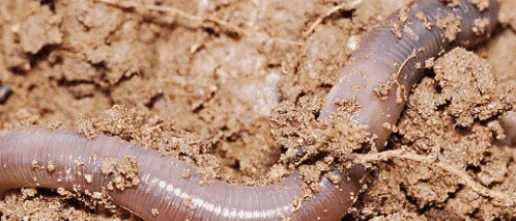
On World Soil Day: Scientists tune In to the hidden sounds of our belowground ecosystems
This World Soil Day, the message is clear: Healthy soil isn’t just alive — it’s full of sound.
Related Research Themes
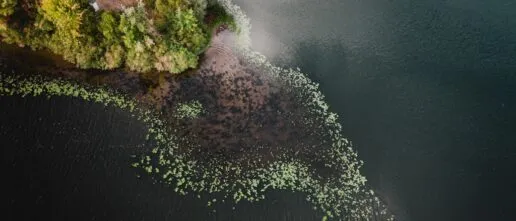
Ecology
Testing the effectiveness of different ecological approaches for nature recovery to support biodiversity and the delivery of ecosystem services such as climate change mitigation and adaptation.

Systems
Developing a novel Analysis and Decision Platform to integrate nature recovery into land-use and infrastructure planning, and exploring scenarios that can deliver local, national and international commitments to nature, climate change and sustainable development.

Scale and Technology
Tracking and evaluating nature recovery at both fine resolution and large spatial scales utilising state-of-the-art remote sensing, big data, and deep machine learning techniques.

Human health and wellbeing
Exploring, understanding, and determining those aspects of nature which directly contribute to improvements in physical and mental health and wellbeing.

Finance
Scaling finance and investment for rapid nature recovery at a global scale.
Related Projects

Healthy Ecosystem Restoration in Oxfordshire
Developing the local Oxfordshire landscape as a case-study, nature-recovery laboratory and community of practice.

Ecoacoustic Data Analytics
Advancing AI methods to determine ecosystem composition from acoustic recordings, distinguishing species, geophonic & anthropogenic sounds in soundscapes as well as flagging unusual or unanticipated sounds.

NATURE Impacts: National Assessment Tool for Understanding Relative Environmental Impacts
A forward-looking tool to track global progress, prioritise national action, and maximise impact for nature recovery
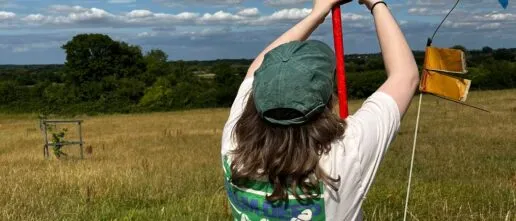
Ecoacoustics for assessing ecosystem health and function, from air to soil
Developing scaleable, transferable, and open approaches for ecoacoustics to assess nature recovery across global ecosystems

From greening to wellbeing: Multi-scale analysis of green infrastructure and mental health at population level within the UK
A mixed methods investigation into how green infrastructure influences mental health across diverse communities and landscapes in the UK
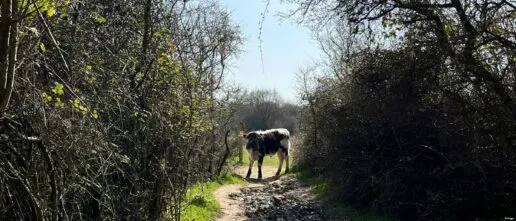
Revealing the compositional and functional responses of mycorrhizal fungi to rewilding at the Knepp Wildland
Using novel eDNA methods to understand if rewilding is also serving below-ground communities, focusing on 'keystone' mycorrhizal communities and their functions.
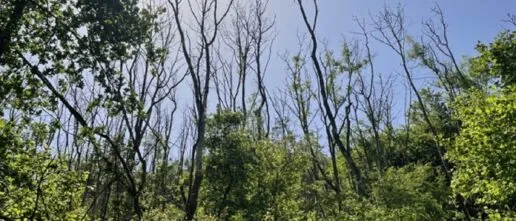
Exploring the ecological effects of forest pests and diseases in a changing world
We leverage experimental and synthesised data approaches to create integrative models that predict the effects of pests and pathogens on forest ecology.

Expanding native forest in Scotland: small-scale mechanisms, landscape-scale responses
Experimental and landscape-scale data collection to understand above and belowground drivers of and responses to native forest expansion in the Scottish Highlands

The role of regenerative farming for biodiversity and ecosystem functioning
We utilise both standardised and cutting-edge methods to explore biodiversity and ecosystem functioning along a land use gradient to better understand the role of regenerative farming.
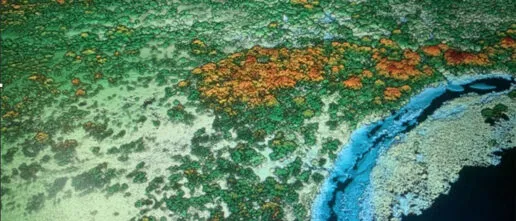
Mapping the resilience of tropical forests and savannas to global environmental change
Climate change effect on tropical forests

Financing local nature recovery in Oxfordshire
Understanding the scale of the opportunity to fund nature recovery with offsite Biodiversity Net Gain (BNG) payments.
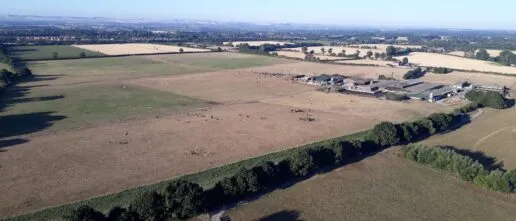
Oxfordshire Treescape Project
Supporting Oxfordshire land managers, parishes and communities with nature recovery planning.

Mapping nature recovery at scale
Our AI team is developing state-of-the-art AI approaches to combine different sources of data, including drones, satellite, survey data and social media, that are robust to a range of environmental scenarios, data noise and model reliability.

Assessing Ecosystem Health Across a Gradient of Herbivory in East African Savannas
Identifying tipping points by quantifying key indicators of ecosystem health in East African savannas.
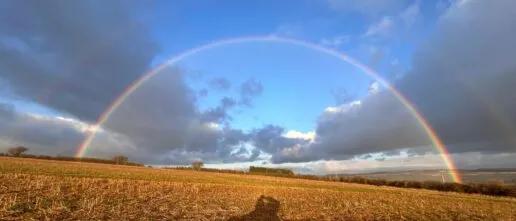
An energetic approach to assessing nature recovery in soils – a regenerative agriculture case study
Measuring and comparing energy to and through soil biodiversity under regenerative and chemical farming to understand and assess nature recovery in this traditional ‘black box’
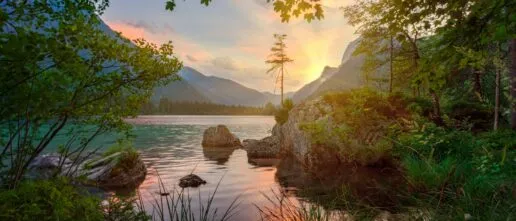
Reimagining Nature Finance
Designing finance in service of the living world
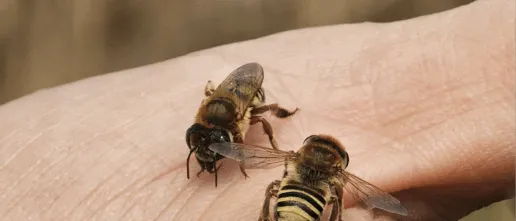
Remote sensing approaches to characterise pollinator diversity and plant-pollinator interactions in nature recovery landscapes of Eastern Ghana
Evaluating the effects of nature recovery on pollinators their interactions with plants.

An Aspirational Approach to Planetary Futures
Researchers the Center join the United Nations Development Programme to propose an optimistic, practical approach to inspire stronger action on nature.
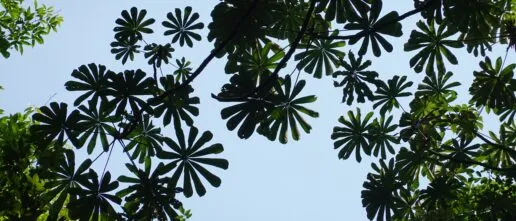
Bridging Field Data and Vegetation Models: Forest Carbon Cycling Across Scales
Vegetation models have been used by many organisations (including the IPCC) to predict climate change on a global scale, but are these models getting the current ecosystem right?

The Energy of Nature
What energy flow can reveal about the functioning & health of ecosystems, as well as its potential to serve as a metric for tracking the decline & recovery of nature

Nature for student’s life: The impact of outdoor greenness on mental wellbeing and chronic absenteeism
Does greenness matter to student mental wellbeing and attendance
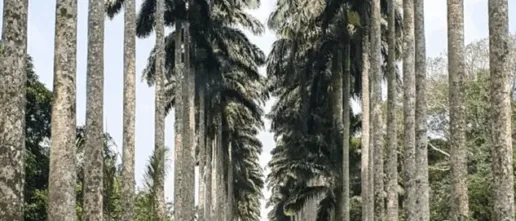
Urban green space, values and wellbeing in urban Ghana
Exploring how urban green space is (dis)valued in Accra and Kumasi, and the potential (dis)benefits to subjective wellbeing
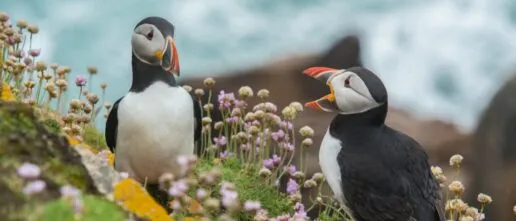
How do we scale up nature-based solutions in the UK?
Working with its partners and stakeholders, this project is assessing the potential for nature-based solutions to contribute to national climate, biodiversity and economic targets, understand the social and practical obstacles to NbS, and strengthen tools and guidance for decision makers. Outputs are aimed at supporting key policy processes including net zero strategy, nature recovery, economic recovery, levelling up and climate change adaptation.
Related Outputs
Tropical forests post-logging are a persistent net carbon source to the atmosphere
Carbon sources and sinks in recovering logged forests Are recovering logged forests a carbon sink due to increased tree growth rates or a carbon source due to carbon losses from soil organic matter and deadwood? Our research shows that sources outweigh sinks for at least the first decade after logging.
Evaluating the impact of an invasive pathogen on tree population decline: An evidence based modelling approach.
Highlights A complexity-appropriate model was developed to forecast an invasive forest disease If 15 % of trees are resistant they create an efficient buffer against population decline Our modelling framework helps prediction, error assessment, and scenario building
Unravelling a hidden synergy: How pathogen-climate interactions transform habitat hydrology and affect tree growth.
Interactions between multiple global change stressors are a defining characteristic of the Anthropocene. Tree-associated pathogens are affecting forested ecosystems worldwide and occur in the context of increased frequency and intensity of extreme climate events such as heat waves, droughts, and floods. The effects of these events, along with subsequent changes in environmental conditions, on remaining […]
Contrasting carbon cycle along tropical forest aridity gradients in West Africa and Amazonia.
Tropical forests cover large areas of equatorial Africa and play a substantial role in the global carbon cycle. However, there has been a lack of biometric measurements to understand the forests’ gross and net primary productivity (GPP, NPP) and their allocation. Here we present a detailed field assessment of the carbon budget of multiple forest […]
Example Opportunity Report
This Treescapes Opportunity Report is an example of a parish report showing existing natural assets, potential locations for nature recovery opportunities (species-rich grassland, woodland, hedgerows, silvo-arable or silvo-pasture, community orchards), and the natural benefits that they could provide. Such reports were provided free of charge to 150 Oxfordshire parish groups and land managers, thanks to […]
Priorities for Healthy Ecosystem Restoration in Oxfordshire
What are the key challenges to nature recovery across Oxfordshire? How can the University work alongside local partners with the aim of making Oxfordshire a model county for nature recovery? What are the priorities where HERO can contribute on a three-year timescale, and what should be the priority for the first year?
An aspirational approach to planetary futures
A new paper in Nature Prevailing frameworks to address planetary environmental challenges tend to focus on setting goals, targets, or boundaries to limit human harm to ecosystems or species. Here we propose an aspirational approach aimed at empowering people to shape a better future for all of life on Earth.
The Great Intergenerational Robbery: A Call for Concerted Action Against Environmental Crises
In June 1992, the Earth Summit in Rio de Janeiro established the UNFCCC and CBD, marking the start of global efforts to tackle climate change. These environmental goals later became part of the broader agenda to combat poverty and hunger through the Sustainable Development Goals.
Climate change alters impacts of extreme climate events on a tropical perennial tree crop
We report that in recent decades, El Niño years experience reductions in cocoa production followed by several years of increased production, and that this pattern has significantly shifted compared with prior to the 1980s.
Logged tropical forests have amplified and diverse ecosystem energetics
Metabolic approach to forest ecosystem health Do metabolic ecology approaches offer a useful new approach to assessing ecosystem health and nature recovery? Our research uses areas of old growth and selectively logged forest to assess this approach.
A mixed methods approach to evaluate community (citizen) science as a tool to support nature’s benefits assessments in the UK: a systematic review and survey of community scientists
Developing methods for valuing nature aim to address biodiversity and environmental crises caused by nature’s undervaluation in decision-making. However, implementing methods to assess nature’s benefits is challenging for a myriad of reasons.
Related Landscapes
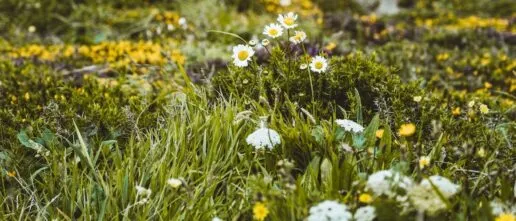
Oxfordshire
With its active network of nature recovery groups, Oxfordshire presents a unique opportunity to test and showcase a portfolio of different ecosystem restoration strategies, to become a model county for nature recovery. Our work in this landscape aims to build a community of practice between the University and local practitioners, and will also form a […]

Ghana
Initiatives, including the Ghana Cocoa Forest REDD+ Programme and Cocoa and Forests Initiative, need to be centred around local communities to ensure they succeed and deliver equitable outcomes.

Kenya
Kenya has a diverse and renowned ecological landscape. Globally known for safaris in lowland savannahs and the big five. Kenya is a vast country and also home to deserts, swamps, mountains forests and more. The specific are of Kenya we are working in stretches from around the base of mount Kenya and includes open savannah, […]
